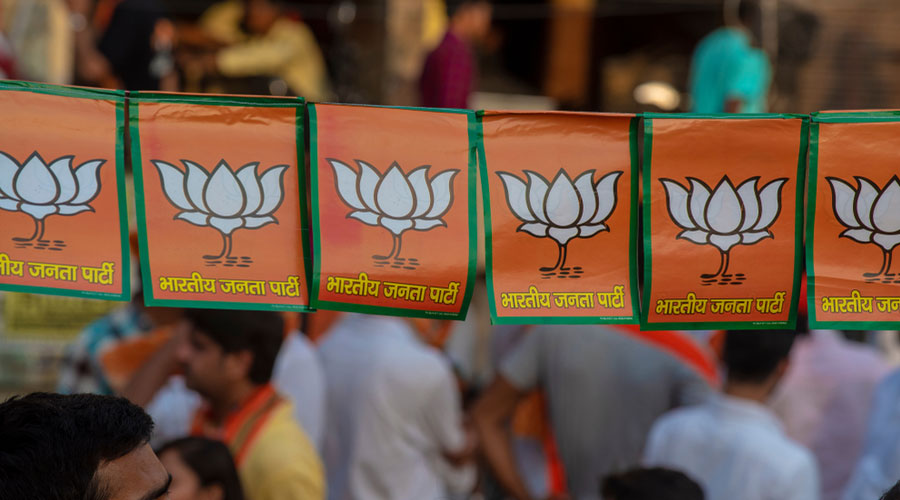
Changing equations in India : What we are witnessing today is a formidable nexus between the regulatory capacity of the modern State and the conservative traditionalism of entrenched social hierarchies
 |
| Representational picture |
However, what we are witnessing today is a formidable nexus between the regulatory capacity of the modern State and the conservative traditionalism of entrenched social hierarchies. In their exuberance to capture something different, erstwhile postcolonial formulations woefully ignored the possibility of what B.R. Ambedkar referred to as a “counter-revolution”, where conservative traditionalism could subvert the liberating aspects of modernity and where regulatory aspects of modernity could block ‘critical traditionalism’.
Right-wing campaigns in India are successfully deploying postcolonial sensibilities to subvert what could have been a distinct ‘third way’. Today’s conservative campaigns are being carried out in the name of rational and progressive ideals. For instance, privileging vegetarianism and the ban on the display of meat are ostensibly not about discriminatory religious or caste practices but a response to ‘modern’ sensibilities of hygiene, health and environmental concerns. Similarly, the spreading of fake news and the fudging of data are being justified in the name of ‘freedom of expression’; insular traditionalism is being reinforced in the name of preserving community practices; advertisements for exclusive Brahmin colonies or apartments are being justified to build social harmony. We are also being reminded that the language of ‘human rights’ is alien to our culture. Discriminatory segregation is being endorsed as part of the struggle towards decolonisation and dignity. Further, meandering modern sensibility is being used to wedge open conservative minority practices, such as the triple talaq, while ancient culture is being cited to justify the prohibition of women in the Ayyappa temple. Punitive measures for marital rape are being projected as a threat to Indian family system.
The same strategy is being deployed in economic policies. Demands for employment and welfare are being represented as the continuation of the patron-client relationship that needs to be supplanted by atmanirbharta. Farm laws — summarily rejected by the farmers — were depicted as the means to remove restrictions on profit. An expanding informal sector is equated with entrepreneurship while the articulation of exploitative work conditions is touted as ‘too much of democracy’. The provision to drop out in the National Education Policy is being seen as freedom of choice and self-financing institutions are being held up as harbingers of autonomy. The Right has mobilised those at the margins to critique inadequate ‘social justice’ and social elites in public institutions, even as its policies permit rampant commercialisation and privatisation of education. It claims to provide greater political representation to the marginalised castes as part of a modern democratic ethos even as it drops independent Dalit writers from the syllabus. It honours tribals by anointing an adivasi president even as it neglects the demand of Santhals to recognise Sarna as a separate religion.
The changing equation between tradition and modernity in New India has allowed rank conservatives and bigots to claim neutrality and modern sensibilities and feminists and liberals to defend conservative religious and communitarian practices. The emergent social reality cannot be captured through old formulations. The question is what kind of new conceptual avenues get opened up by the emergent reality.
Ajay Gudavarthy is Associate Professor, Center for Political Studies, JNU

0 Response to "Changing equations in India : What we are witnessing today is a formidable nexus between the regulatory capacity of the modern State and the conservative traditionalism of entrenched social hierarchies "
Post a Comment
Disclaimer Note:
The views expressed in the articles published here are solely those of the author and do not necessarily reflect the official policy, position, or perspective of Kalimpong News or KalimNews. Kalimpong News and KalimNews disclaim all liability for the published or posted articles, news, and information and assume no responsibility for the accuracy or validity of the content.
Kalimpong News is a non-profit online news platform managed by KalimNews and operated under the Kalimpong Press Club.
Comment Policy:
We encourage respectful and constructive discussions. Please ensure decency while commenting and register with your email ID to participate.
Note: only a member of this blog may post a comment.